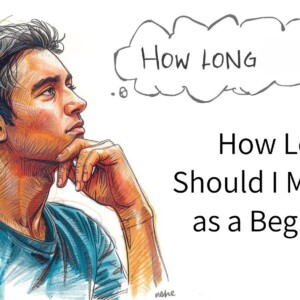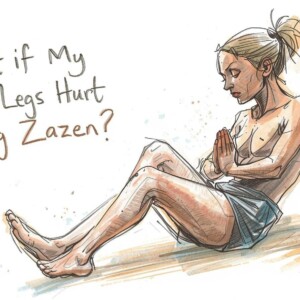
What Books Should I Read First? A Beginner’s Guide to Starting Your Zen Journey
If you’re just beginning your exploration of Zen or mindfulness, it’s natural to ask:
“What books should I read first?”
With so many titles, teachings, and traditions out there, it can feel overwhelming. The good news is that Zen emphasizes simplicity and clarity—starting your reading journey can be the same.
This article offers a thoughtfully curated list of beginner-friendly Zen books, each chosen to support your understanding, inspire your practice, and answer your most common questions.
Why Start with Books?
While Zen is primarily a practice of experience—especially through Zazen (seated meditation)—books can offer valuable guidance, context, and encouragement. Reading can help you:
-
Understand core Zen principles
-
Learn practical techniques
-
Connect with timeless teachings
-
Stay inspired on your path
That said, Zen teachers often remind us:
“Don’t get stuck in words. Use them as a finger pointing to the moon.”
So as you read, remember: the goal is not intellectual mastery, but living awareness.
What Books Should I Read First? (Top 5 Recommendations)
1. “Zen Mind, Beginner’s Mind” by Shunryu Suzuki
Why read it: This modern classic is often the first book recommended to Zen newcomers. Its accessible, poetic style teaches the importance of having a “beginner’s mind”—a fresh, open approach free from preconceptions.
Core theme: You don’t need to be an expert. Just sit and be.
2. “The Miracle of Mindfulness” by Thich Nhat Hanh
Why read it: Although more rooted in Vietnamese Zen and mindfulness, this book offers practical guidance for bringing awareness into daily life. Ideal for beginners seeking gentle, step-by-step practices.
Core theme: Every breath, every step, every dish washed can be a meditation.
3. “Everyday Zen” by Charlotte Joko Beck
Why read it: A practical, down-to-earth guide that addresses how Zen applies to real-life struggles like relationships, work, and emotional pain.
Core theme: Enlightenment isn’t separate from life—it’s found within it.
4. “Dropping Ashes on the Buddha” by Seung Sahn
Why read it: This collection of letters, dialogues, and koans from a Korean Zen master offers a humorous, direct, and sometimes challenging introduction to Zen thought.
Core theme: Wake up. Don’t rely on logic—experience the truth directly.
5. “The Heart of the Buddha’s Teaching” by Thich Nhat Hanh
Why read it: While broader than Zen alone, this book provides a solid foundation in Buddhist principles like the Four Noble Truths, the Eightfold Path, and mindfulness.
Core theme: Understanding suffering leads to compassion and peace.
Bonus: For Zazen Practice
-
“Opening the Hand of Thought” by Kosho Uchiyama Roshi
A profound yet practical manual for understanding Zazen and letting go of thoughts during meditation.
Tips for Reading Zen Books Mindfully
-
Read slowly: Let the teachings sink in.
-
Reflect after each chapter: Pause and sit with what you’ve read.
-
Apply, don’t just analyze: Try one practice from the book in your daily life.
-
Re-read often: Zen books reveal deeper layers over time.
Final Thought: Let the Book Be a Gateway, Not the Destination
So—what books should you read first?
Start with what speaks to your heart. Let it guide you to the cushion, to the present moment, and to your own direct experience.
Zen is not about collecting knowledge.
It’s about learning to sit, breathe, and live—fully and freely.
“When the student is ready, the teaching appears.”
And sometimes, that teaching begins with a single page.
🌿 Want to go deeper into Zen and mindful living?
Explore ZEN for LIFE — a gentle guide to bringing presence, simplicity, and calm into your everyday routine.
Now available on Kindle.
#ZENforLIFE #MindfulLiving #EverydayZen










この記事へのコメントはありません。